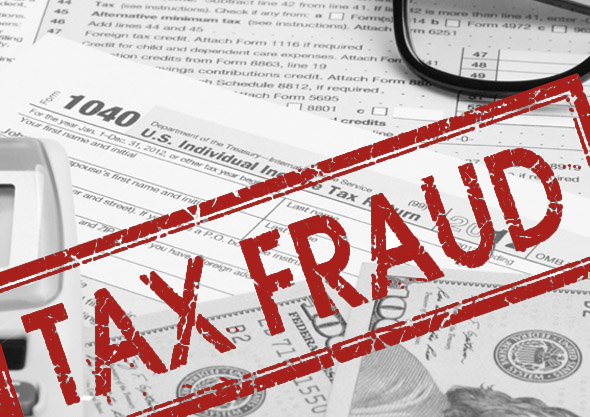Some small business owners do their taxes themselves to save money. However, because of business tax credit abuse, the IRS is cracking down on business credits of all kinds.
IRS commissioner John Koskinen recently announced the IRS’s commitment to catching business tax credit abuse. What he didn’t announce was that the fines and other punishments related to this abuse can destroy a small business, even one that made the mistake inadvertently. New IRS filters and algorithms will be combing business tax returns for signs of fraud and red-flagging any suspicious claims for that dreaded audit. Here are the two most common areas where business owners make a mistake that can cost thousands.
Fuel Tax Credit Fraud
Fuel tax is a major stumbling block for people who don’t understand what they can claim. A fuel tax is meant to return federal taxes paid on fuel used for purposes that are tax exempt. This includes farm use and off-highway business use. Under some circumstances, you can even claim fuel used in off-road vehicles such as airplanes and boats.
Most taxpayers do not qualify for this tax credit and will pay heavily if they try. Fraud can lead to penalties of up to $5000 and even criminal prosecution. The Department of Justice is currently working with the IRS to cut back on crime related to fuel tax credits, so it’s important to use caution when claiming this tax credit and to submit a completed Form 4136.
Research Tax Credit Abuse
The research tax credit offers an opportunity for businesses to perform research that will benefit them in the future – but only if you file the correct paperwork under the correct circumstances. The IRS has seen enough abuse of this credit to be skeptical of future claims.
In general, the research tax credit will yield a 20% credit on qualifying expenses used to resolve an uncertain matter in the business’s industry. For example, if you are unsure about whether Product A or Product B will be the most effective design, then there is an uncertainty that can be addressed by research with a research credit.
There are a few common mistakes made with this credit. First, the research must be performed either in hour or by contract. Second, the research must be documented, with expenses tracked and filed in a Form 6765. If you do not meet the many requirements, audits, fines, and possible criminal charges await.
Business owners can avoid business tax credit abuse by having a CPA prepare their returns. One wrong number on a form can destroy a business, so it important to be as diligent as possible.



